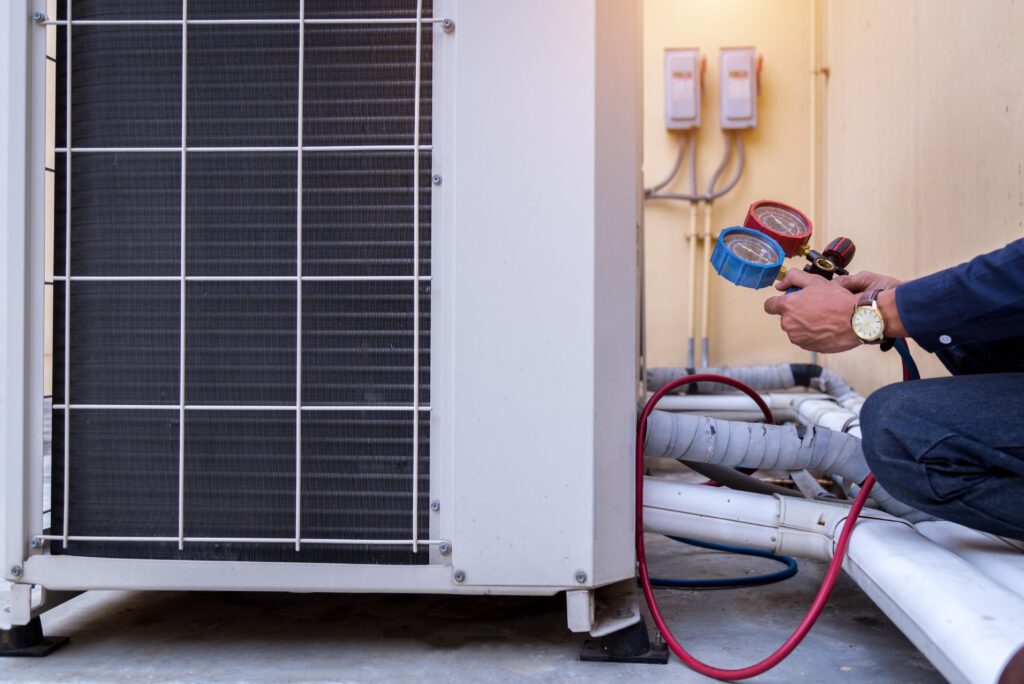Maintaining your HVAC (Heating, Ventilation, and Air Conditioning) system is essential for ensuring comfort in your home, particularly in the Eastern Panhandle region where seasonal temperature variations can be significant. This guide will help you understand the basics of HVAC systems, provide you with maintenance tips, and assist you in troubleshooting common issues so that you can keep your system running smoothly.
Understanding the Basics of HVAC Systems
To effectively maintain your HVAC system, it is crucial to understand how it works. HVAC systems are designed to regulate temperature and humidity levels inside your home, ensuring a comfortable living environment regardless of outside weather conditions. The systems utilize heating elements, fans, and air conditioning units to achieve this balance. By controlling these elements, HVAC systems not only enhance comfort but also contribute to energy efficiency, which is increasingly important in today’s eco-conscious society.
Key Components of Your HVAC System
Every HVAC system consists of key components such as the furnace, air conditioner, ductwork, thermostats, and filters. The furnace heats the air, while the air conditioner cools it. Ducts distribute conditioned air throughout your home, and thermostats allow you to control the system’s temperature. Filters play a vital role as they trap dust and debris, ensuring clean air circulation. Additionally, modern HVAC systems often include advanced technologies such as variable-speed motors and smart thermostats, which allow for more precise temperature control and energy savings.
Understanding these components helps homeowners know where to focus their maintenance efforts. Regular inspections and cleanings of these parts can enhance efficiency and longevity. For instance, dirty filters can restrict airflow, forcing the system to work harder and consume more energy. Homeowners should also be aware of the importance of duct sealing; leaks in ductwork can lead to significant energy loss, making the system less efficient and increasing utility bills.
The Importance of Regular HVAC Maintenance
Regular maintenance is crucial for the longevity and efficiency of your HVAC system. Neglecting maintenance can lead to decreased efficiency, increased energy bills, and potentially costly repairs. Routine checks can identify issues before they escalate, such as worn-out belts or low refrigerant levels, which can save homeowners from unexpected breakdowns and high repair costs.
Moreover, scheduled maintenance can prevent breakdowns in extreme weather. When temperatures plummet in winter or soar in summer, a well-maintained system is less likely to fail, keeping your home comfortable and safe. Regular maintenance also improves indoor air quality, as a clean system reduces the circulation of allergens and pollutants. This is particularly important for households with children, elderly members, or individuals with respiratory issues, as they can be more sensitive to poor air quality. By investing in regular HVAC maintenance, homeowners not only enhance their comfort but also contribute to a healthier living environment.
Getting Started with HVAC Maintenance
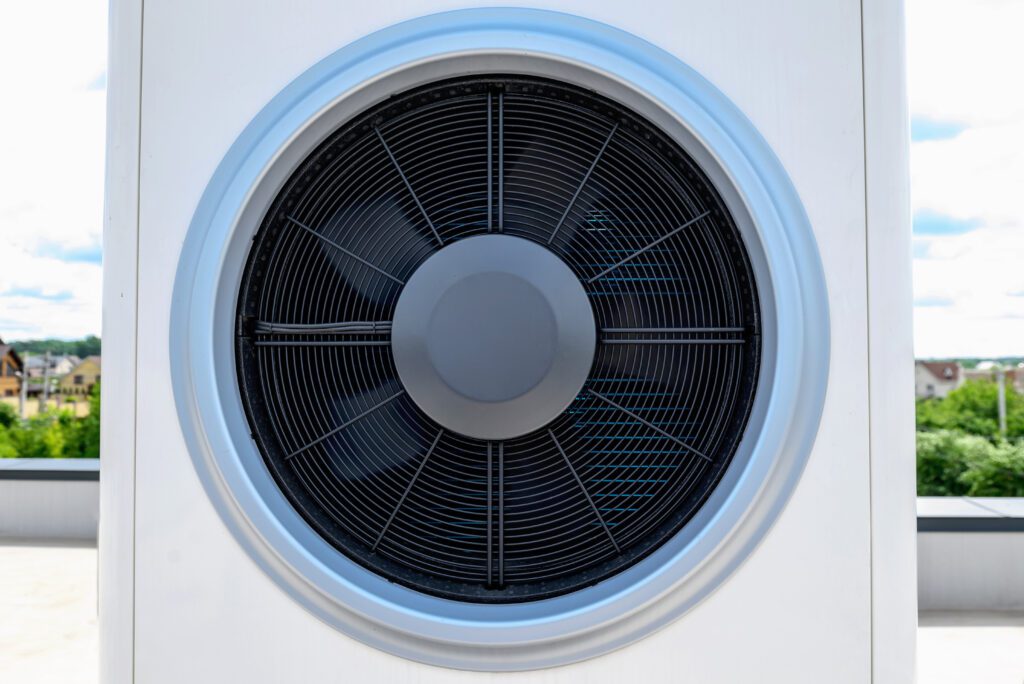
Getting started with HVAC maintenance involves understanding some basic safety procedures and gathering essential tools. This will ensure that when you perform maintenance tasks, you do so effectively and safely.
Safety Precautions for DIY HVAC Maintenance
When performing DIY HVAC maintenance, prioritize safety. Always turn off the power to your HVAC system before beginning any work to prevent electrical shocks or accidents. Use insulated gloves when handling electrical components and ensure your workspace is clear of hazards.
If you’re unsure about any maintenance task, consider consulting with a professional. It’s better to be safe than sorry, particularly when it comes to your health and safety. Additionally, familiarize yourself with the specific safety guidelines provided in your HVAC system’s manual, as different units may have unique requirements. Always keep a first aid kit nearby, just in case, and ensure that you have a fire extinguisher accessible in your workspace, as HVAC systems can pose fire risks if not properly maintained.
Essential Tools for HVAC Maintenance
Having the right tools on hand is essential for effective HVAC maintenance. Basic tools that every homeowner should have include:
- Basic hand tools (screwdrivers, wrenches, pliers)
- Multimeter for electrical testing
- Vacuum cleaner or shop vac for debris removal
- Filter replacement tools (a ladder or step stool may be necessary)
Investing in these tools can save you time and money in the long run, allowing you to keep your HVAC system in optimal condition. Beyond the basic tools, consider adding a refrigerant gauge set to your toolkit, which can help you diagnose issues with your system’s cooling performance. A digital thermometer can also be beneficial for checking temperature differentials, ensuring that your system is running efficiently. Regularly checking and maintaining your tools will ensure they are always ready for use, and keeping them organized will help streamline your maintenance tasks.
Seasonal HVAC Maintenance Tips
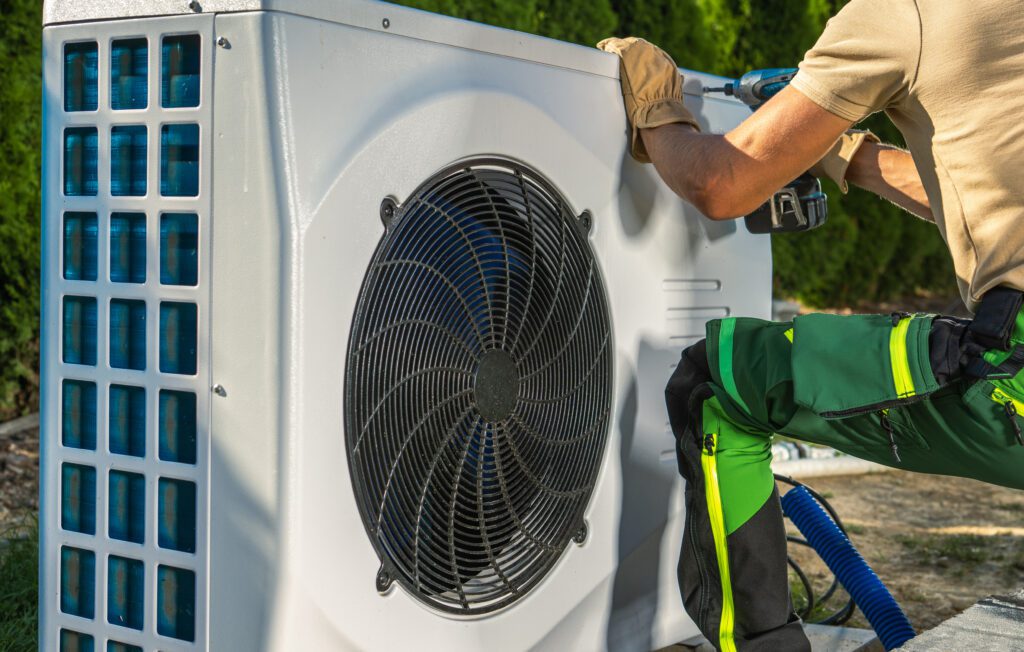
The changing seasons in the Eastern Panhandle require different maintenance approaches for your HVAC system. Tailoring your maintenance practices according to the season helps ensure efficient operation.
Preparing Your HVAC for Winter
As colder months approach, it is crucial to prepare your HVAC system. Start by changing the air filters, as clean filters can significantly improve airflow and efficiency. Next, inspect your furnace to ensure it is functioning correctly. Look for signs of wear and tear or unusual noises, which may indicate a need for professional servicing.
Insulate any exposed ductwork, especially in unconditioned spaces like basements or attics, and check your thermostat settings to ensure accurate temperature readings. Additionally, consider having a carbon monoxide detector installed if you haven’t already, as this is essential for safety during the winter months when furnaces are in heavy use. Regularly testing this device can provide peace of mind, ensuring that your home remains a safe haven from harmful gases.
Spring and Summer HVAC Maintenance
When spring arrives, it’s time to pivot your focus from heating efficiency to cooling preparation. Start by cleaning your air conditioner’s outdoor condenser unit. Remove any debris, leaves, or dirt that might obstruct airflow.
Also, check and change air filters to ensure that your air conditioning system can operate efficiently. A clean filter not only reduces strain on the unit but also ensures better indoor air quality. Lastly, consider scheduling a professional tune-up to address any underlying issues before the heat of summer sets in. During this tune-up, a technician can check refrigerant levels, inspect electrical components, and ensure that the system is running at peak performance. This proactive approach can help prevent unexpected breakdowns during the hottest days of the year, keeping your home comfortable and cool.
Troubleshooting Common HVAC Problems
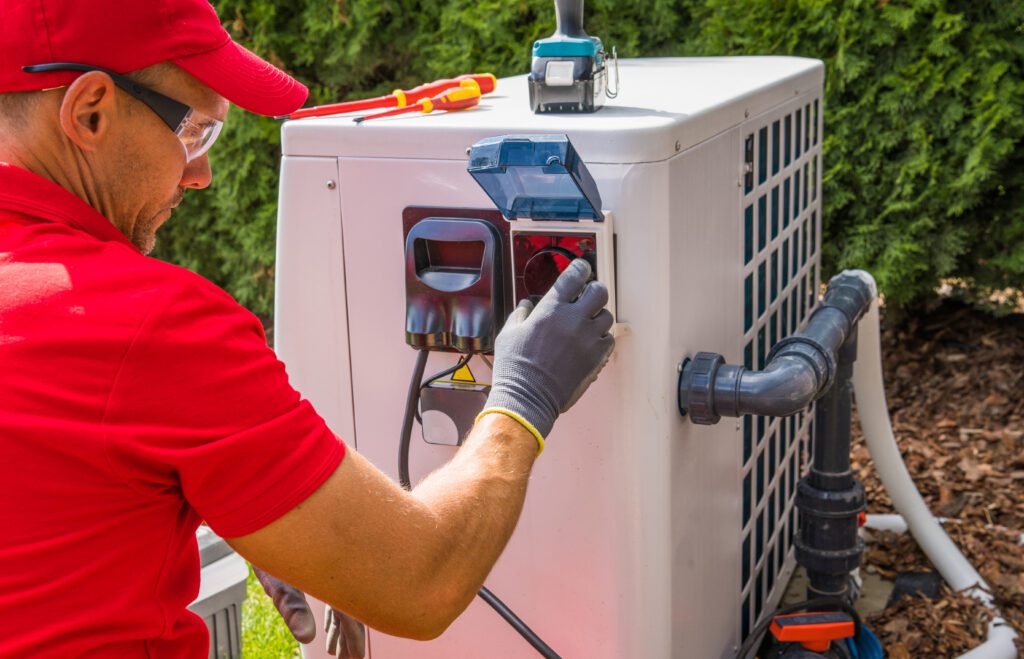
Even with regular maintenance, HVAC systems can experience issues. Knowing how to troubleshoot common problems can save you time and money by addressing minor concerns before they escalate.
Identifying Common HVAC Issues
Common HVAC issues include inadequate heating or cooling, strange noises, or fluctuating temperatures. If your system is not maintaining the desired temperature, check the thermostat settings first.
Other potential problems could be dirty filters, which restrict airflow, or refrigerant leaks in air conditioning units. Inspect the system regularly, and if issues persist, it might be time to consult a professional for an evaluation. Additionally, unusual smells emanating from your HVAC system can indicate a more serious issue, such as burnt wiring or mold growth. It’s crucial to pay attention to these signs, as they can affect both your health and the efficiency of your system.
When to Call a Professional
It’s essential to know when to seek professional help. If you encounter complex issues such as electrical problems, refrigerant leaks, or significant breakdowns, calling a certified HVAC technician is the best course of action.
Professional technicians have the expertise and tools to diagnose and repair issues correctly, potentially saving you from costly repairs and ensuring your system operates safely. Moreover, regular professional inspections can help identify potential problems before they become critical, prolonging the life of your HVAC system. During these evaluations, technicians can also provide valuable advice on energy efficiency improvements, helping you save on utility bills while maintaining a comfortable indoor environment.
Maintaining Indoor Air Quality
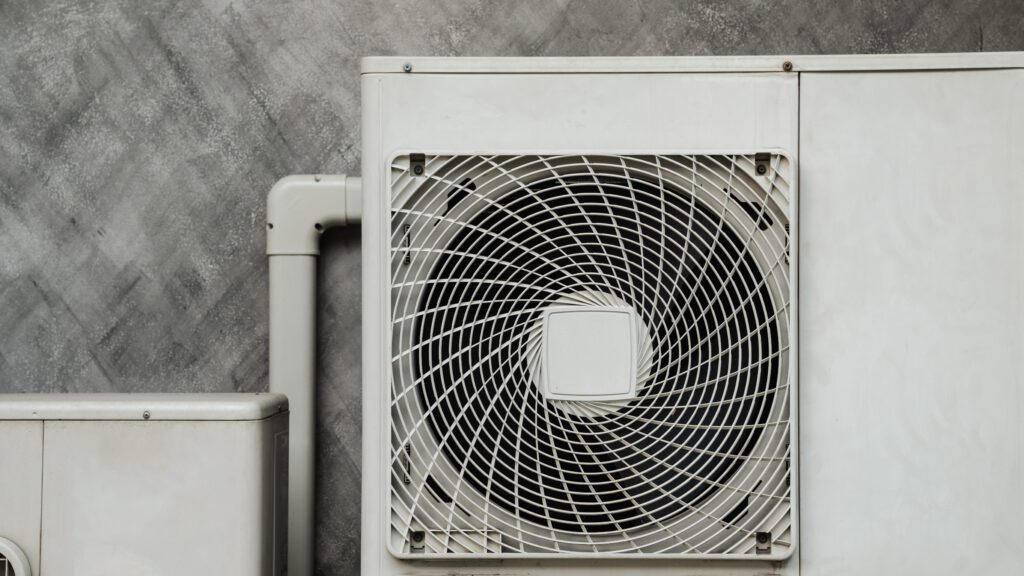
Maintaining indoor air quality is just as important as ensuring that your HVAC system is functioning properly. A well-maintained HVAC system plays a pivotal role in filtering outdoor pollutants and allergens, promoting a healthier living environment.
The Role of HVAC in Indoor Air Quality
Your HVAC system directly affects the quality of the air inside your home. Regularly changing filters and ensuring proper ventilation are essential to minimizing allergens and contaminants.
Additionally, using high-efficiency particulate air (HEPA) filters can significantly improve air quality by trapping smaller particles, leading to a cleaner atmosphere for you and your family. These filters can capture up to 99.97% of particles that are 0.3 microns or larger, including dust mites, pollen, pet dander, and even some bacteria and viruses. This level of filtration is particularly beneficial for individuals with allergies or respiratory conditions, as it helps reduce the triggers that can exacerbate their symptoms.
Improving Air Quality with HVAC Maintenance
To improve air quality, adopt a proactive approach to maintenance. This includes not only replacing filters but also cleaning ducts and checking for mold growth in your system. Mold can thrive in damp environments, and if left unchecked, it can release spores into the air, leading to serious health issues. Regular inspections can help identify potential mold problems before they become a significant concern. Additionally, ensuring that your HVAC system is properly sized for your space can enhance its efficiency, further improving air circulation and quality.
Consider investing in an air purifier that works in conjunction with your HVAC system for added filtration. Portable air purifiers can be particularly effective in bedrooms or living areas where you spend the most time. Moreover, incorporating plants into your indoor spaces can also contribute to better air quality. Certain plants, such as spider plants and peace lilies, are known for their air-purifying properties, absorbing toxins and releasing oxygen, thus enhancing the overall atmosphere of your home.
Regular maintenance, including inspections and cleanings, will support your system in providing fresh, clean air, which is vital for your family’s health and comfort. By scheduling seasonal check-ups with a qualified technician, you can ensure that all components of your HVAC system are functioning optimally. This not only helps in maintaining air quality but also extends the lifespan of your system, saving you money in the long run.
By following the guidelines and tips outlined in this beginner’s guide, you can ensure that your HVAC system runs efficiently, providing comfort throughout the year while maintaining good indoor air quality. Take the time to invest in your system; it will pay off with improved performance and reduced operational costs. Additionally, staying informed about the latest advancements in HVAC technology can help you make better choices for your home, ensuring that you are utilizing the best tools available to enhance your indoor environment.

